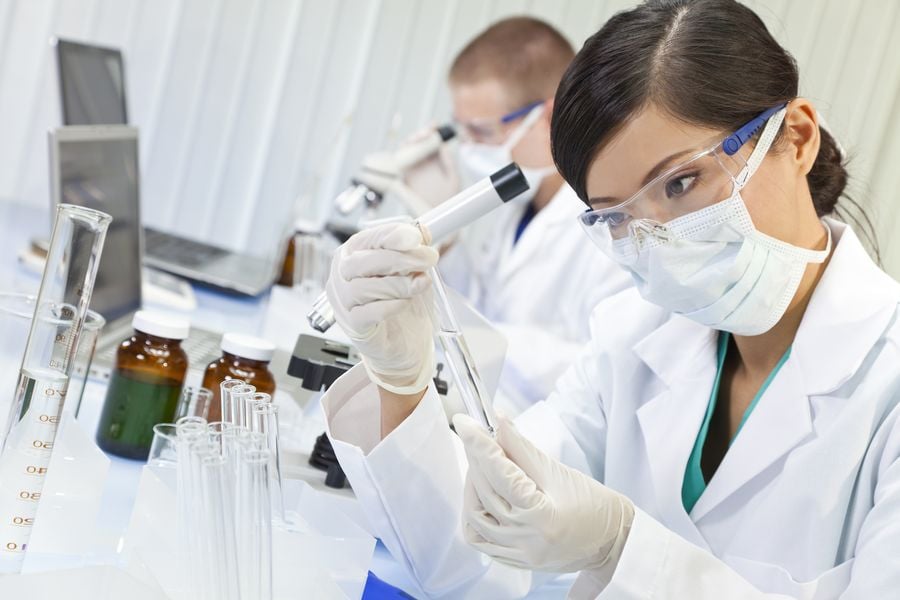Kidney disease has 5 stages based on levels of kidney function. Your kidney disease stage is determined by calculating your estimated glomerular filtration rate (eGFR).
What is eGFR?
Estimated glomerular filtration rate (eGFR) is a measurement of how well your kidneys are cleaning your blood. It’s usually estimated from the results of a blood test, along with age and gender.

| Kidney Disease Stage | What it means | Possible signs & symptoms | eGFR |
|---|---|---|---|
| Stage 1 | Kidney damage with normal kidney function | High blood pressure, swelling in legs, urinary tract infections, abnormal urine test | 90-120 |
| Stage 2 | Mild loss of kidney function | 60-89 | |
| Stage 3 | 3a: Mild to moderate loss of kidney function; | Changes in urination, swelling in hands and feet, weakness or fatigue, dry and itchy skin, back pain, muscle cramping | 3a: 45-59 |
| 3b: Moderate to severe loss of kidney function | 3b: 30-44 | ||
| Stage 4 | Severe loss of kidney function | Anemia, decreased appetite, bone disease, abnormal blood levels of phosphorus, calcium, vitamin D | 15-29 |
| Stage 5 | Kidney failure or close to failure | Uremia, fatigue, shortness of breath, nausea, vomiting, abnormal thyroid levels, swelling in hands/legs/eyes/lower back, lower back pain | Less than 15 |
For simplicity's sake, kidney disease stages 1 to 3a are called early stage kidney disease, while kidney disease stages 3b to 5 are called late stage kidney disease.
The goal at each of the kidney disease stages is to take the best care and control of your health, so you can help slow the progression of kidney disease and keep your kidneys working as long as possible.
Kidney disease is a progressive disease, meaning that your kidney function may decline over time. However, being diagnosed with early stage kidney disease doesn’t necessarily mean that you’ll progress to later stages. Getting tested and knowing your kidney disease stage can help you work with your doctor to protect your kidney health.
While there is no cure for kidney disease and kidney damage can’t be reversed once it occurs, you can start taking steps now to slow the progression of kidney disease. Each person experiences kidney disease differently. Many people who are diagnosed with kidney disease in the early stages never have kidney failure, and those who later experience kidney failure can live well for decades with treatment, proper nutrition, and being physically active.


